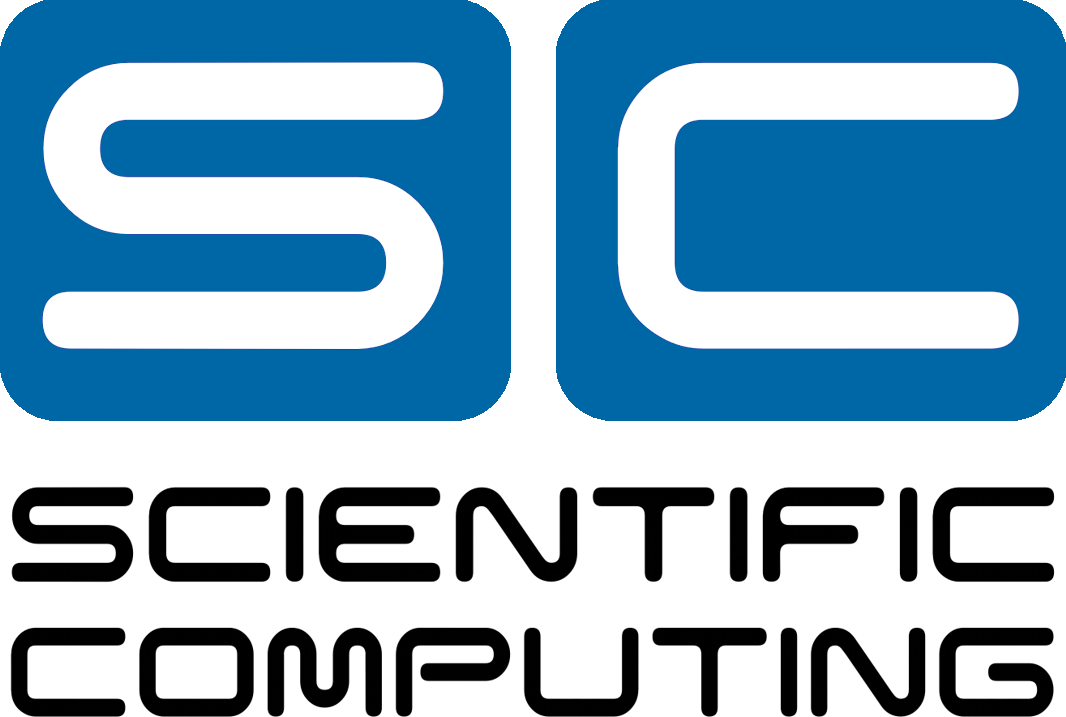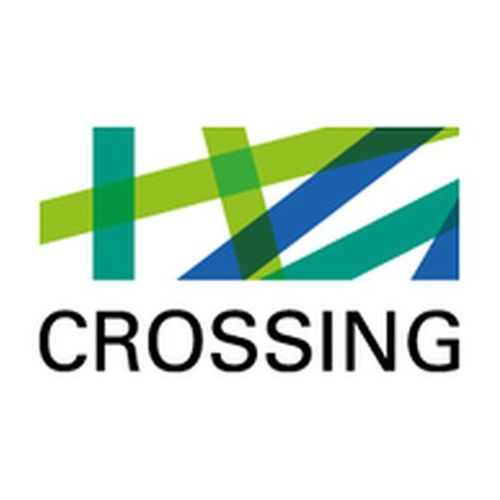
CROSSING
We are participating in the CRC CROSSING, in which the security of post-quantum cryptographic methods is assessed using high-performance computing techniques.
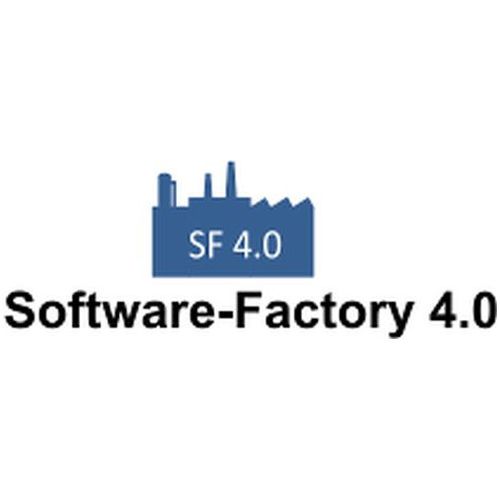
Software Factory 4.0
As part of the LOEWE Software-Factory 4.0 researching the automatic identification and extraction of so-called kernel functions into mini-apps.
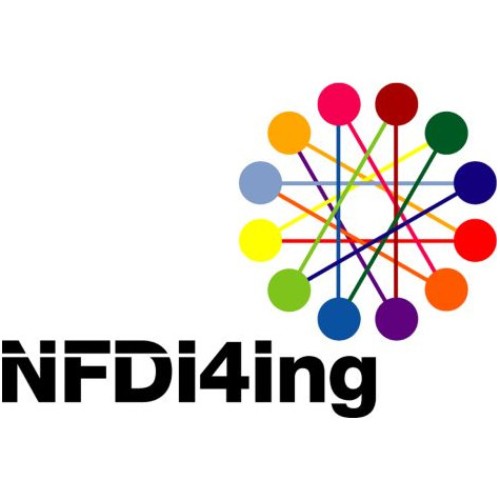
NFDi4ing
Creating and maintaining scientific software is complex, and assuring its correctness and robustness are non-trivial tasks, as is ensuring the replicability of software experiments. As member of the NFDi4ing project, our group participates in a community effort to assist computational scientists with these tasks.
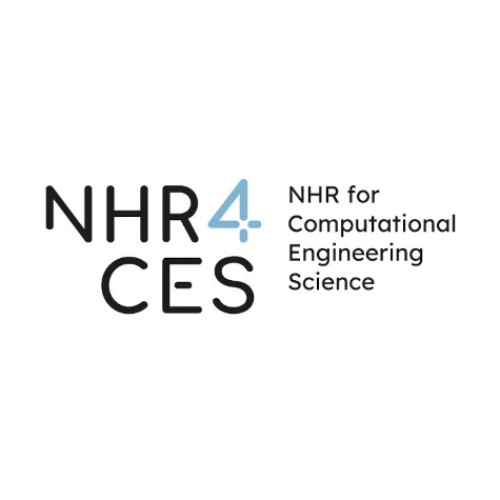
NHR4CES
In the NHR4CES (National High-Performance Computing for Computational Engineering Science), TU Darmstadt is partnering with RWTH Aachen to build a comprehensive software ecosystem supporting computational scientists. Prof. Bischof in his role as head of the computing center is the project director of NHR4CES at TU Darmstadt and is also involved in a so-called cross-sectional group on performance engineering.
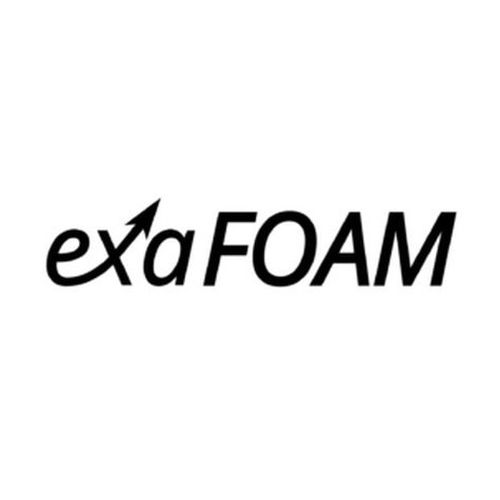
exaFoam
OpenFOAM is a powerful open-source CFD software suite. In the exaFoam project, which is intended to ready OpenFOAM for exascale platforms, we are modeling the performance of crucial kernels and routines of OpenFOAM to guide algorithmic and code modernization changes of our project partners.
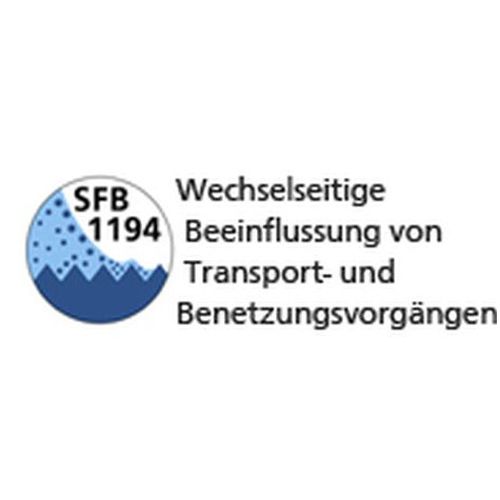
CRC-1194
CRC 1194 – Interaction between Transport and Wetting Processes. As part of the central project of the CRC, we pursue an Open Source Workflow for quality assured and containerized software publication, and continuous integration and delivery.


